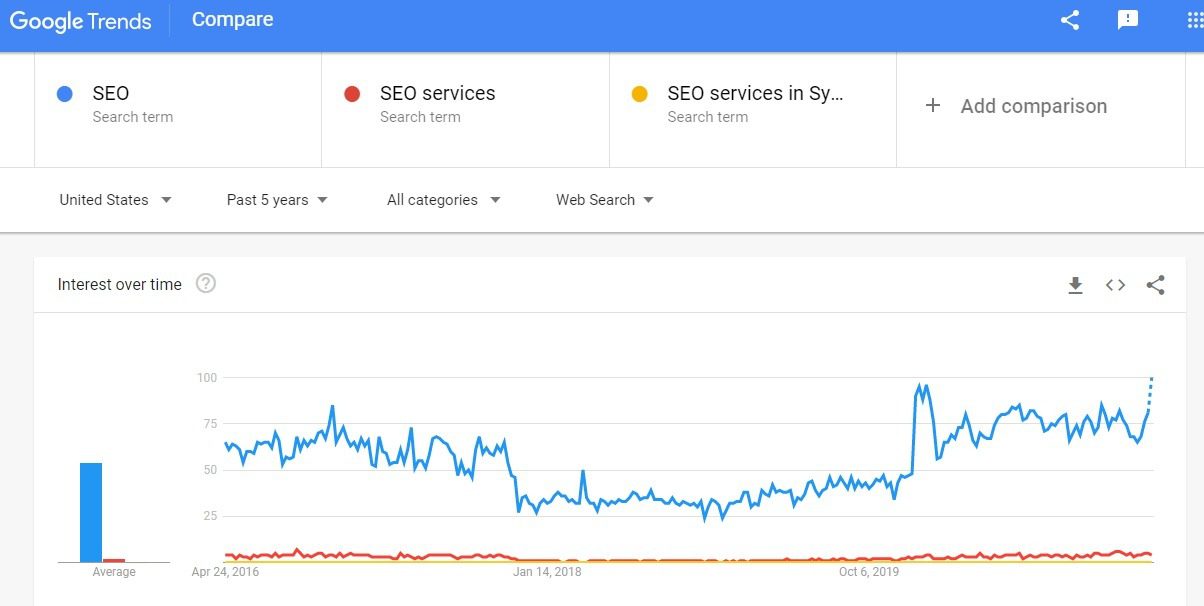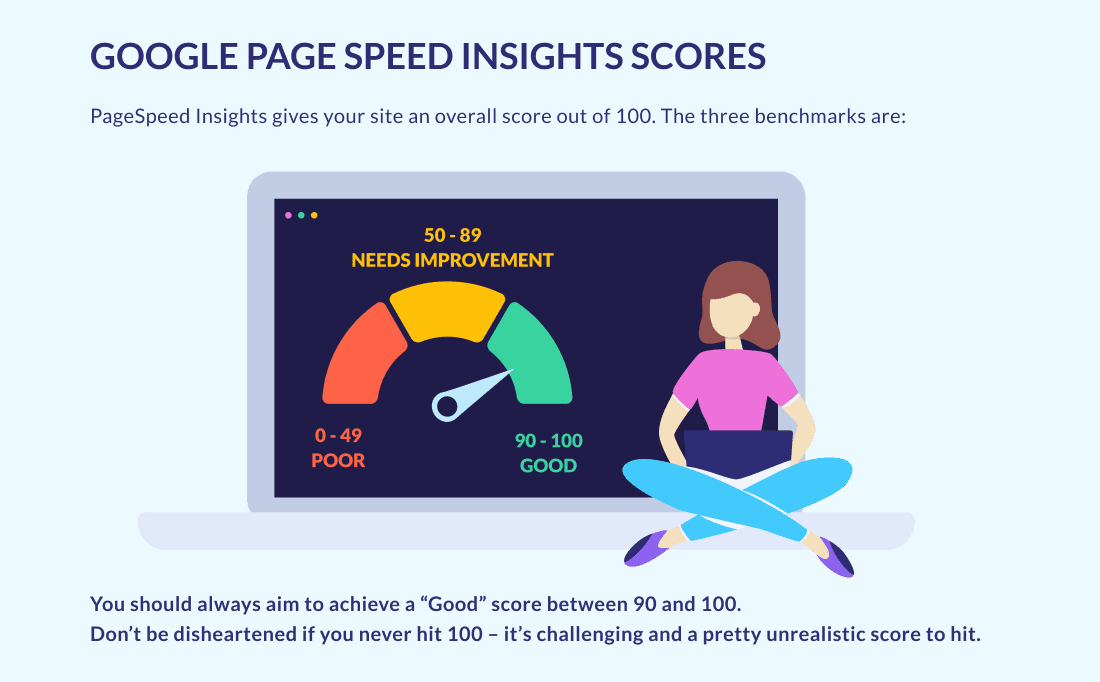Keyword research is the process whereby one can find out the trendy words and phrases people search in various search engines such as Google or Bing. It can affect several facets of your website including your traffic growth, search engine ranking, link building as well as the quality of your content. In other words, keywords function as a compass that leads you to the best direction possible and shows the degree to which you have made progress. In the 21st century, keyword research is of the same value as researching for the market and illuminates the path ahead for every business.
1- Finding Keyword Ideas
Imagine you are an SEO Agency in Australia. First of all, you need to brainstorm ideas and ask yourself “What would people search about my business?” Put yourself in the place of the customers and write down the best search ideas. Furthermore, there exist a couple of ways for finding more ideas:
- Wikipedia Table of Contents: if you search your business in Wikipedia, you will be able to get familiar with some themes. One of the best parts is the “table of contents”. In this case, if you search SEO, you will see a table like below:

This table contains some important themes revolving around SEO and we can say “getting indexed” and “SEO as a marketing strategy” are the major ones. You can also click on some internal links on Wikipedia to get more keywords.
- Google Related Searches / People Also Ask: one other effective way to find keywords is the related searches at the bottom of the search results and the people also ask part in the search box at the top:


In these sections, Google is telling us that thousands of people have searched these related topics and by clicking on any of them you will be directed to another list.
- Google and YouTube Suggestions: in the same vein, when you search Google or YouTube, they give you some suggestions. YouTube as the video stream version of Google can be very helpful for finding such ideas:


2- Keyword Research Tools:
- Google Keyword Planner: this is the most credible keyword finder because its results directly come from Google. You can see items like the number of searches per month and the competition status of each idea. The most searched ideas have a higher competitive status which means winning in them is more difficult.

There are also some other keyword services like Ahrefs, Moz, and SEMrush which can save tones of your time by depicting the best ideas faster, but some of their services may not be free.
3- Keyword Difficulty
The next step is setting the keyword difficulty. Keyword difficulty determines the competitiveness of your keywords. If it is too short, it will be too competitive and as a result, in search results, it will not be on the first pages. Generally, keywords can be categorized into 3 groups: head, body, and the long tail.
- Head Keywords: they are usually just one word and therefore have a high rate of search and competition. For example, the generic term “SEO” covers a vast scope and different search intents.
- Body Keywords: they are more specific with less rate of search each month and needless to say, less competition. Terms like “Search Engine Optimization” fall within this category.
- Long-tail keywords: these keywords are normally more than 4 words and are very specific. Phrases such as “SEO agencies and services in Sydney” are long-tail and usually are of the lowest rate of search and competitiveness.
How to Evaluate the Authority of Your Keyword
The quickest way for that is to search your keyword in Google. If the first page of the results is full of super authority websites like Wikipedia, then it would be wise to forget about that keyword, because your chance is too low. However, if the first page contains some blogs and small sites, it is a good sign and means that you have this opportunity to be one of them. In addition, tools like Ahrefs and SEMrush have keyword authority part in their services which can be used.
4- Choosing the Keyword
In this stage, you need to choose the best keyword from your list and unfortunately, there is no tool available to do that for you. But there are some ways for pinpointing the fittest ones:
- Search Volume: it is simple, the higher the search volume, the more traffic you will get. But the point is, how much is high for search volume? Well, it depends on the business in which you are active.


If we compare two different niches, the results would differ. As you can see, the digital marketing and carpentry niches have different search volumes, so it is up to you to decide, depending on the line of business you are in.
- Organic CTR (Click Through Rate): in order to understand the number of clicks you will get; search volume is just one part of the equation. You also need to take into account the Google Ads and Featured Snippets. If you search your keyword and see that the first page of the results is full of Ads and Featured Snippets, you must know that you are not going to get very much clicks even if you rank on the first page.
- Difficulty: if your site is new and you don’t have a great number of links yet, it is recommended that you use keywords with low competition. As your site develops and grows in authority, you can use more competitive keywords.
- Google Trends: another step is checking your keywords on Google Trends. You can compare different keywords as well. Being on-trend means that a keyword is competitive. In the example below, the extent to which keywords become longer, their popularity and competitiveness go down.

As shown in the photo, the three keywords “SEO”, “SEO services” and “SEO services in Sydney” are compared over 5 years. And like we expected, their popularity declines when their length gets longer.
Take away
Putting this all together, one can conclude that keywords and keyword research are some of the most significant constituents of digital marketing. Therefore, business owners need to be aware of the novel ideas and shift of trends in the business niches to overcome their competitors. Yet, keyword analysis is only the first step in starting an online business, and several other parameters like On-page and Off-page SEO are tremendously important.
Author Bio:
Gabriel Hill is an Australian blogger and tech enthusiast based in Canberra cooperating with Techbii.







